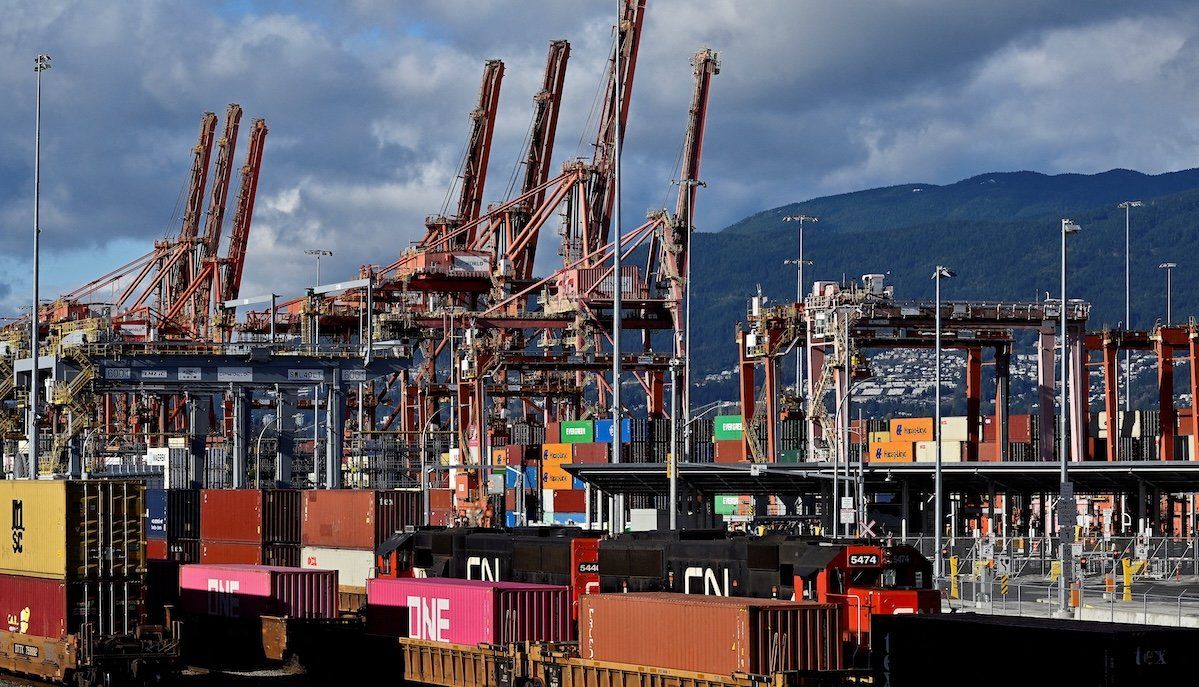Over 700 port workers are
on strike – and locked out – in British Columbia. The International Longshore and Warehouse Union workers in Vancouver and Port Rupert served a strike notice last week and began job action on Monday, at which point their employer, the B.C. Maritime Employers Association, locked them out. Things aren’t looking good, and there are no plans to return to the bargaining table.
The economic costs of the deadlock will add up quickly. Roughly US$800 million in goods pass through the West Coast ports every day, including a fifth of cross-border US-Canada trade. Past port strikes have snarled exchange, gummed up supply chains, and frustrated businesses and consumers alike. This one threatens to do the same.
The strike puts the governing Liberals in an awkward position. The government wants to keep commerce flowing but is hesitant to step in and force a resolution, perhaps with legislation ordering workers back to work. The New Democratic Party, on whom the Liberals rely to remain in power, is against circumventing the collective bargaining process, which means the port strike isn’t the only showdown to watch.
For now, Labour Minister
Steve MacKinnon is urging the parties to strike a deal at the bargaining table and
says federal mediators are “on site, ready to assist the parties.”
